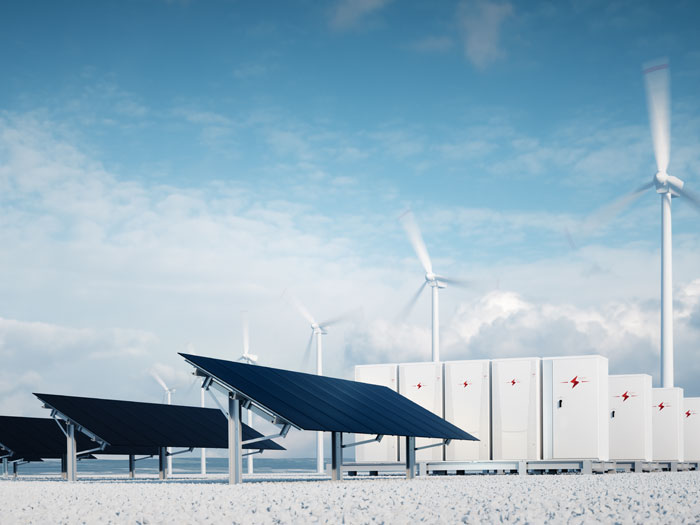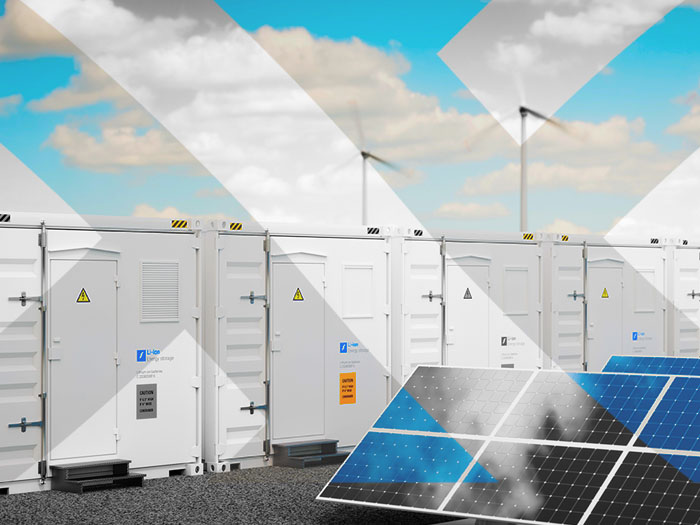Insights
better business decisions
Posted 3 years ago | 2 minute read

UK Infrastructure Bank plans clean energy focus
The UK’s Infrastructure Bank (UK IB) has outlined how it plans to invest £22bn to “tackle climate change and regional inequalities”, with clean energy listed as the largest area of investment across technologies like subsidy-free renewables, low-carbon hydrogen, carbon capture and storage (CCS).
Launching the first Strategic Plan, published on 23 June, UK IB chief executive John Flint said that improving energy security and supply is a “top priority” which will help deliver the UK’s Net Zero commitments and tackle regional economic inequality […] the war in Ukraine is an economic earthquake that underlines our mission and the strategic importance of energy security to the UK’s economic future. Rising energy bills also show how in the long-term we need to increase our domestic supply of energy.”
The Bank has £22B of financing capacity to deploy: £8B in debt and equity, £10B in guarantees and £4B for Local Authority lending. Partnering with the private sector and local government, it aims to fully commit its balance sheet over the next five to eight years.
The portfolio will focus on five key areas: clean energy, transport, waste, digital and water, with clean energy set to gain the largest portion of funding. Water and waste are listed as the smallest areas of funding, with the Bank citing a lack of current investment opportunities.
Across low-carbon technologies, the strategy outlines plans to focus on low-carbon hydrogen, carbon capture and storage technologies, decarbonising heat in buildings, financing retrofits and upgrades and enabling local authorities to invest in zero emissions and electric vehicles and infrastructure.
Key investment areas
Clean energy
- Finance the transition of mature renewable technologies to subsidy-free business models
- Finance the deployment of new technologies for renewable power generation
- Explore how the Bank can support the regulated asset base (RAB) model in attracting private finance into nuclear projects
- Finance flexibility and storage technologies, such as battery projects hydrogen, fuel supply and industry
- Finance new green technologies, particularly low carbon hydrogen and carbon capture usage and storage (CCUS)
- Finance the deployment of retrofit, energy efficiency and heat technologies
Transport
- Finance electric vehicle charging infrastructure, working with both local authorities and private providers
- Finance local authorities to adopt zero emission buses
- Finance the procurement of green rolling stock
- Finance port infrastructure, particularly where it supports green industries
- Finance mass transit systems and infrastructure upgrades

CapEx-Free Battery | Resilience, carbon reduction and revenue
GridBeyond understands the complexities of battery storage technologies and will work with you to install on-site battery storage system that provides clean, stable and uninterrupted energy supply, eliminating the risk of grid disruption. All at no up-front cost to your business.
Learn more





